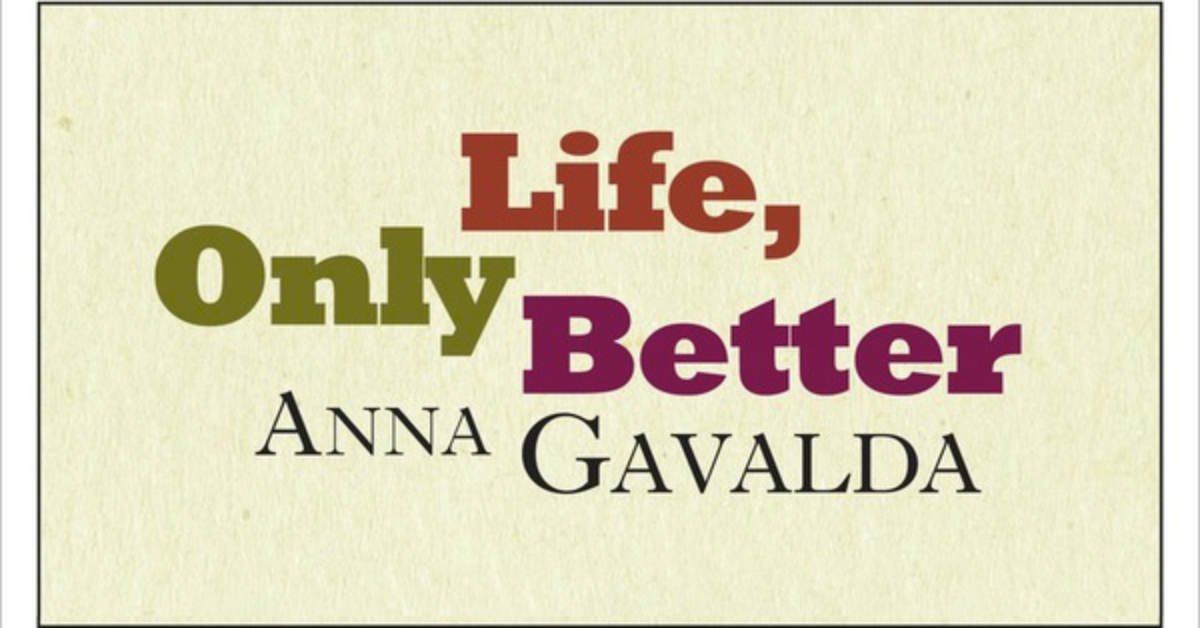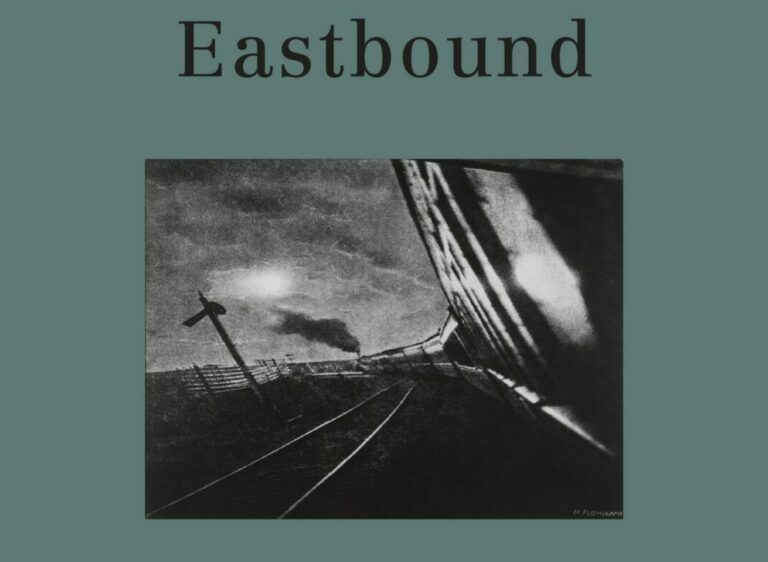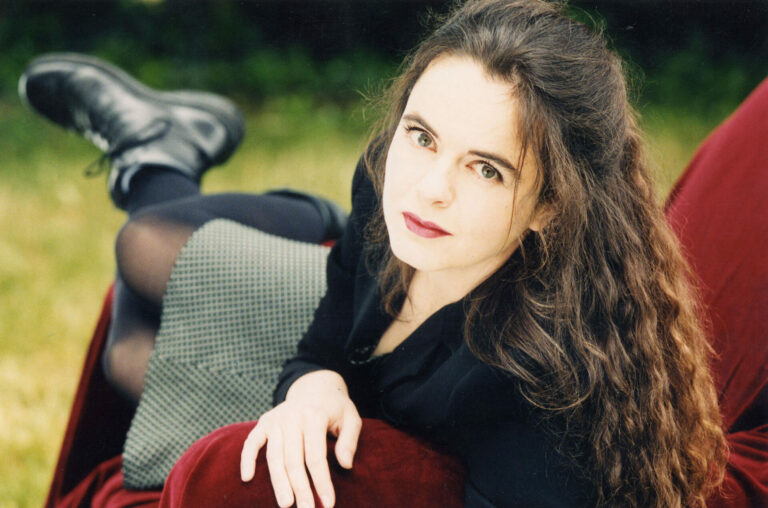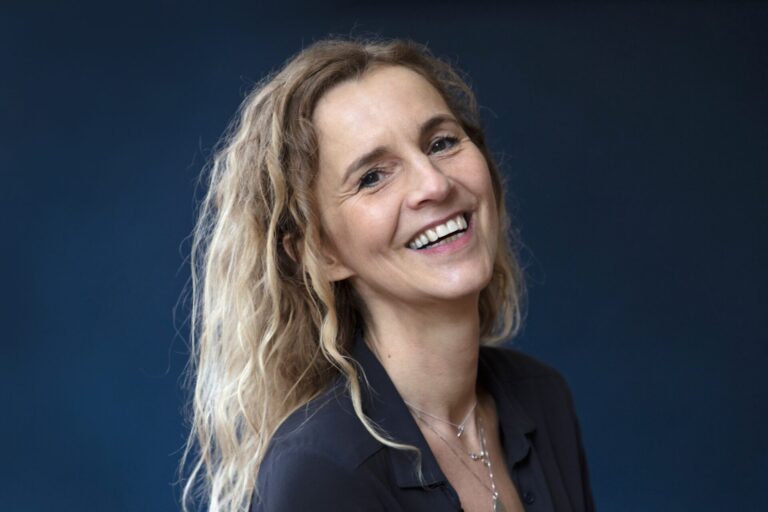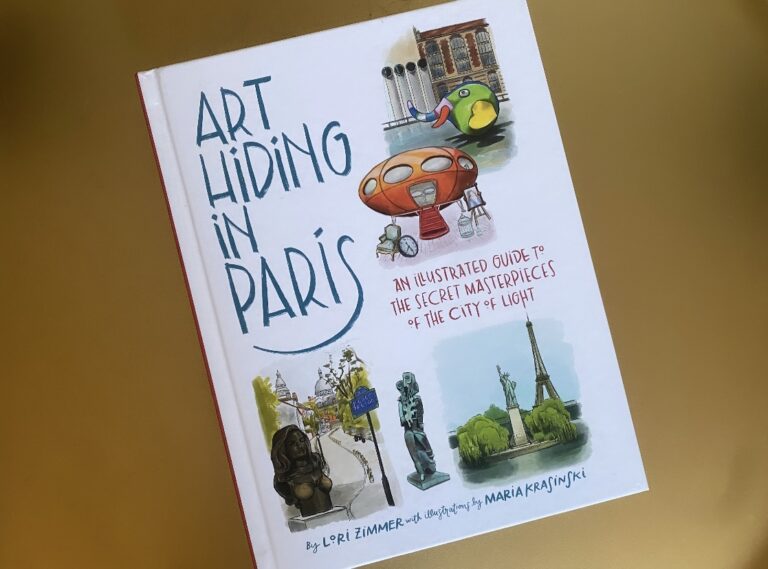Anna Gavalda has had some striking successes as an author, starting with her short story collection, Je Voudrais Que Quelqu’un m’Attende Quelque Part or I Wish Someone Was Waiting For Me Somewhere, which did the three things any author wishes their book would do of its own accord: sell well, garner praise, and get translated into as many languages as possible. After that, it’s all icing, save for the cherry that tops two of her literary cakes—both Je L’Aimais and Ensemble, C’est Tout were adapted into movies, the latter starring Audrey Tautou and Guillaume Canet.
In Life, Only Better (La Vie En Mieux, as the French say), Gavalda unleashes two novellas with distinct but not disparate narratives, narrated by two young characters searching—sometimes blindly, sometimes methodically—for something more than the transient attachments of modern life.
All these coded feelings, all the friendships just hanging by a thread, which have to be recharged every evening, and of which nothing would remain if the fuses blew—that’s not fantasy at least, right?
‘Mathilde,’ Life, Only Better
In “Mathilde,” the first novella, the title character loses something, a bag, a bag filled in both senses with sentiment and cents, and very shortly after losing it, she loses it. The reader is, at the point of that loss, all arched eyebrows and raised hackles, but there is no reason to fear: this will not be a tragedy of errors, one compounding onto the next in the sort of pyramid scheme of cringes that American sitcoms rely on so heavily. Instead, Mathilde the professional internet troll meets Jean-Baptiste the nine-fingered chef, who unwittingly sends her on another search for something she’s lost.
Voici may have called Gavalda a “distant descendant of Dorothy Parker,” but the more correct, contemporary comparison lies somewhere between Joshua Ferris and A.M. Homes. Gavalda’s narrative voice is so clear and distinct, even when dealing with two characters’ equally and similarly distressed inner voices. Mathilde’s self-flagellating inner dialogues with the reader balance adroitly on the other side of the seesaw from her self-effacement, her insistence on pulling apart the bullshit of the world as a way to zero in on her coordinates in the bullshit and microscoping right into her own heart.

In “Yann,” the title character is as lost as Mathilde’s bag, stuck in a routine of circumambulating the fact that he only knows where he’s going in the most literal sense.
Yann, my young friend… Of course I knew her. You don’t meet the people you love; you recognize them. Didn’t you know that?
‘Yann,’ Life, Only Better
Yann is a Breton from a typical middle class white family, adrift on the action-less background radiation of his own privilege—which he recognizes and accepts, completely self-aware, as both a blessing and a curse, a “little boy born at the very end of the 20th century, who has been told since he was old enough to throw his own candy wrappers in the wastebasket that nature is suffering because of him…”
Yann tries to fill his time in the absence of his girlfriend and roommate, Mélanie, and finally finds his path blocked—by a large, Formica-covered armoire on the landing that leads to his apartment. He meets the owner of the obstacle, helps him carry it upstairs, and meets the family: the delightful, beautiful wife, Alice; the two charming daughters; and the older but much more alive husband, Moïse. Without moving much from their kitchen table and the three bottles of wine they uncork, Yann has his moorings cut away one-by-one, and despite being just two floors up from his own apartment, no longer knows where he is in the universe.
Gavalda’s prose and plotting are a Gallic version of A.M. Homes’s deft writing, with the sort of verisimilitude interior voice that people always laud David Foster Wallace for but is more expertly done by writers like Joshua Ferris and the proto-Wallace, Thomas Pynchon. The stories in Life, Only Better are the literary equivalent of relaxation techniques—you feel every muscle, even the ones that normally do their work quietly, tense and hold their tension before releasing, one at a time or all at once, to a state of sublime comfort in an uncomfortable universe, suddenly sure of precisely where you are.
Life, Only Better by Anna Gavalda, translated from French by Tina Kover
Published by Europa Editions

